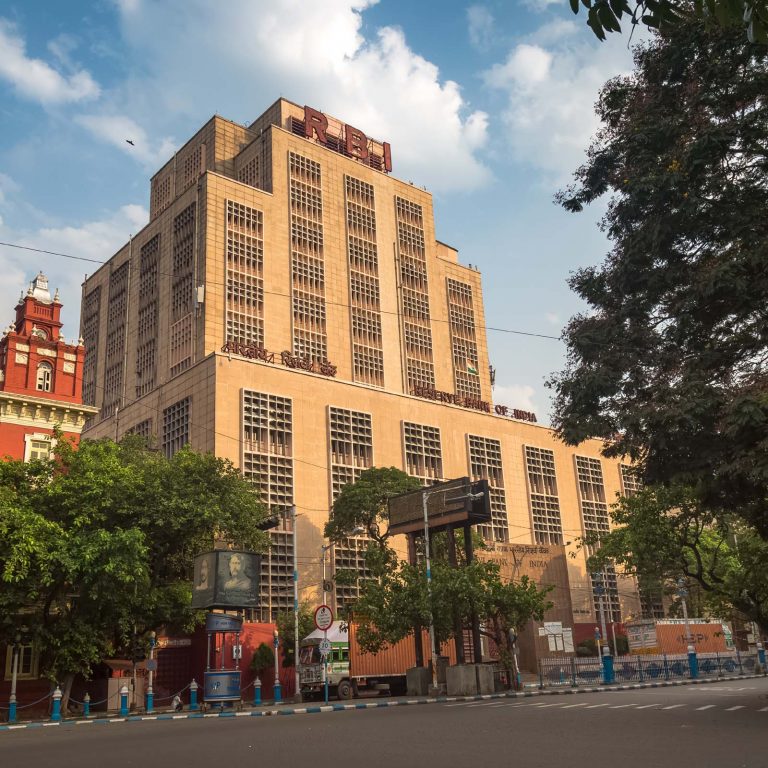2018-7-6 15:59 |
In a recent hearing, the Supreme Court of India refused to grant a stay on a banking ban for cryptocurrency entities dictated by the Reserve Bank of India (RBI). The RBI ban will come into effect on July 5th. The order leaves crypto exchanges in India with the option to trade only in digital currency pairs.
Investors cannot directly invest in virtual coins using their bank accounts, debit or credit cards or their wallet service providers. Crypto exchanges can shift their business models to peer-to-peer (P2P) exchanges or work as OTC markets.
Early Hearing Does Not Help the CauseThe apex court earlier clubbed all cryptocurrency-related cases and set the hearing for July 20, 2018. However, as the RBI ban comes into effect on Wednesday, the Internet and Mobile Association of India (IAMAI) requested the hearing to be preponed.
The Supreme Court, then, decided on hearing the matter on July 3. However, upholding the decision of the country’s banking regulator, the court has decided to let the ban continue.
The ban will not only choke off banking services for exchanges but make it difficult for users to trade their cryptocurrencies for fiat via secure banking channels. Now, they will have to depend on peer-to-peer platforms where exchanges work as escrows or deal in OTC exchanges in cash.
Exchanges Still Hoping for Supportive RegulationAshish Singhal, CoinSwitch.co co-founder, and CEO said:
“Exchanges across India wants the RBI to re-evaluate their decision and work towards stringent regulation instead of a blanket ban on the banks. The exchanges have always adhered to strict KYC and AML procedures and hope that the RBI softens its stance in this matter.”
Prominent exchanges like Zebpay and WazirX have already started providing crypto-to-crypto exchange services on their platforms, fearing the worst. Zebpay has been warning its users to withdraw their money while the banking channels are open.
WazirX CEO Nischal Shetty is convinced that India will adopt regulations soon. He noted:
“It’s just a matter of time. As and when India announces crypto regulations, there will be a 1000% increase in the number of crypto traders and this segment will see a great boom in the country.”
The State Bank of India, which is the country’s largest public-sector bank, has already discontinued banking services to crypto entities, followed by several private sector banks including Axis Bank, Kotak Mahindra Bank, ICICI Bank, Yes Bank and HDFC Bank.
Reserve Bank of India’s Restrictions for Cryptos Upheld by Court was originally found on [blokt] - Blockchain, Bitcoin & Cryptocurrency News.
origin »Bitcoin price in Telegram @btc_price_every_hour
India Coin (INDIA) íà Currencies.ru
|
|

















